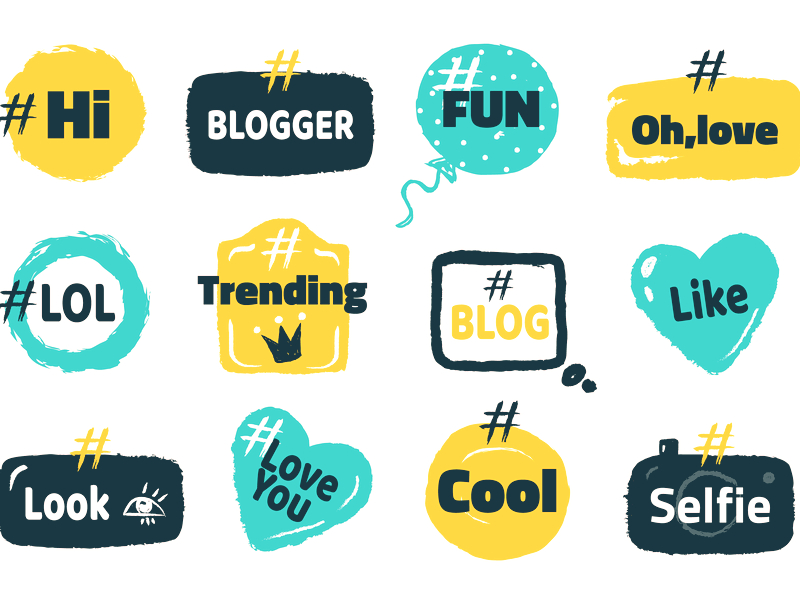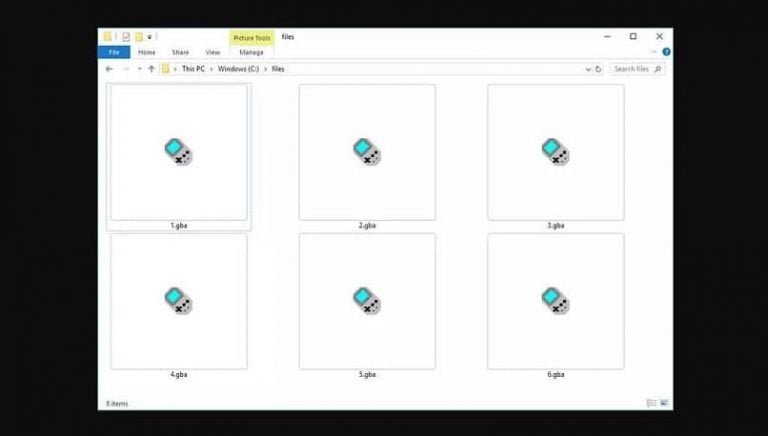

There is a language of today that has grown in popularity with the age of computers, smart phones, and social media platforms. In other studies, teens feel that texting gives them a sense of immediacy of the conversation and take great pride in being able to type fast (Lenhart, Arafeh, Smith, & Macgill, 2008). Some students appear to be addicted to using Internet Slang in their academic school assignments, and they have been observed to have trouble switching from “text slang” during examinations to the proper use of English Grammar (Ochonogor, Alakpodia, & Achugbue, 2012). Madden et al., (2013).Researchers are beginning to define effects of the use of Internet Slang-via text messaging-on secondary education, and some researchers are finding negative results between the use of Internet Slang in text messages and tests results on academic assignments (Cingel & Sundar, 2012). Brown, Campbell, & Ling (2011) have noted that teens primarily use smartphones for texting and less for voice calling, pictures, music, and video. According to a Nielsen poll conducted in late 2008, teens in the United States send and receive, on average, 80 texts daily, a number that doubled in only one year. There have been debates amongst teachers and scholars regarding the effects of Internet Slang used in secondary education (Krupnick, 2010). In studying the topic of Internet Slang usage, the opinions of teachers have been found on both sides of the issue. There is literature that discusses the use of Internet Slang in the classroom and on academic assignments. This makes it easy for teens today to understand and reference the Internet Slang language for their community. Further, is a website that tracks and defines over 9,000 currently used Internet Slang terms and also tracks the top 10 trending terms (, 2015). Social networking has allowed these communities to develop their own language (Tellaria, 2012,). The Cambridge Online Dictionary defines slang as “Very informal language that is used especially in speech by particular groups of people and which sometimes includes words that are not polite” (“Slang”, 2015). Social media platforms, such as Facebook, are one of many web areas where people develop communities and form new ways of interpreting communication such as teens are doing today to communicate with each other. Preece (2001) spoke of the Internet as a place that allows people to communicate without distance being a determining factor for the utterance, and where they can share common beliefs through the Web.
#KIGB INTERNET SLANG CODE#
The Jargon File (2005) further explains that “hacker culture” began the use of slang, “among hackers, though, slang has a subtler aspect, paralleled perhaps in the slang of jazz musicians and some kinds of fine artists but hard to detect in most technical or scientific cultures parts of it are code for shared states of consciousness”. The Jargon File (2005) began in Stanford University’s Artificial Intelligence computer lab to define computer hacker terms. The origin of Internet Slang can be traced back to the year 2005, which was long before the beginning of the Internet itself.



Agricultural Marketing And Cooperatives.Agricultural Business And Financial Management.


 0 kommentar(er)
0 kommentar(er)
